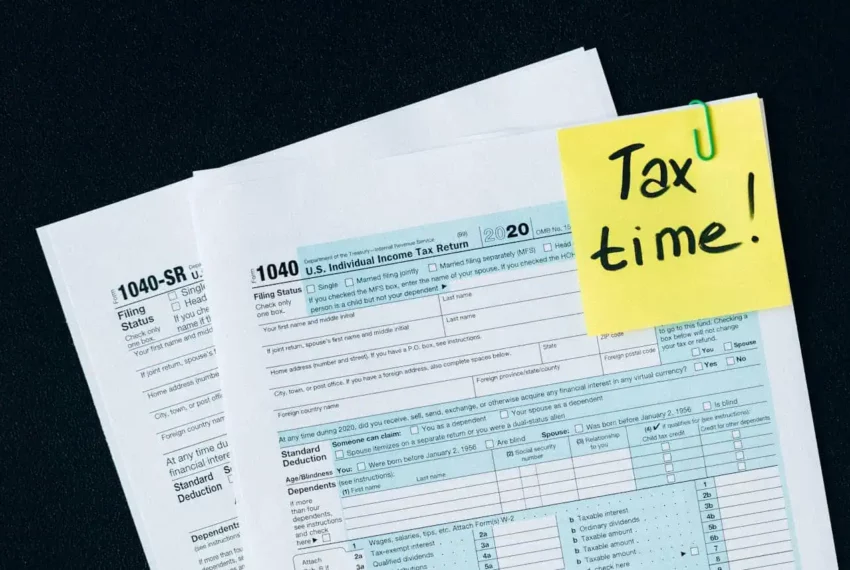
Understanding the tax obligations associated with purchasing real estate in Spain is crucial for foreign buyers. This comprehensive guide delves into various taxes that international buyers need to be aware of, ensuring a transparent and smooth investment process.
Taxes for foreign property buyers in Spain
Foreign buyers in Spain must navigate a series of tax obligations that can significantly impact the total cost of property ownership. These include VAT (Value Added Tax), Transfer Tax, and Stamp Duty, depending on whether the property is purchased new from a developer or as a resale from a previous owner. Understanding these taxes is essential for budgeting the true cost of purchasing Spanish real estate.
Property tax obligations for foreigners investing in Spain
Investing in Spanish real estate involves several ongoing tax obligations. The most prominent is the IBI (Impuesto sobre Bienes Inmuebles), which is a local property tax assessed annually based on the cadastral value of the property. This tax varies not only by municipality but also by the type of property. Spanish Property Insight provides detailed explanations on how these taxes can vary by location.
Non-resident property taxes when buying in Spain
Non-residents owning property in Spain are subject to Non-Resident Income Tax on any potential rental income, which is taxed at a flat rate of 24% for non-EU citizens. Even if the property is not rented out, a notional rental income tax is applied, assuming potential rental income. Furthermore, non-residents must also pay a wealth tax, which is assessed on the total value of economic interests in Spain. The Modelo 347 website offers further details on how these taxes are calculated.
Spain real estate taxes for international buyers
International buyers must prepare for several taxes when purchasing property in Spain. This includes VAT at 10% on new properties purchased from developers and a Transfer Tax for resale properties, which varies by region but typically ranges from 6% to 10%. Additional costs often overlooked include notary fees, land registration fees, and legal fees. Advoco Spanish Legal Consultants provide a breakdown of these additional costs.
How much tax do foreigners pay on property in Spain?
The amount of tax paid by foreigners on property in Spain varies depending on several factors, including the property’s purchase price and location. On top of VAT or Transfer Tax, annual property taxes and potentially wealth tax, foreign property owners might find themselves paying significant amounts each year. Spanish Property Insight offers tools to estimate these costs.
Annual taxes for foreign property owners in Spain
Beyond the initial purchase taxes, foreign property owners in Spain must pay annual taxes such as the IBI and potentially Non-Resident Income Tax on imputed rental income. The amount varies depending on the cadastral value of the property and local tax rates. Spanish Tax Agency provides calculators and tools to help estimate these taxes.
VAT and transfer tax for foreign real estate buyers in Spain
Understanding the distinction between VAT and transfer tax is critical for any foreign buyer. VAT (IVA in Spanish) is charged at 10% on all new properties purchased directly from a developer, while transfer tax applies to all resale properties and is charged based on a sliding scale depending on the property’s location. Some regions offer reduced rates for young buyers or properties under a certain value.
Inheritance tax for foreign property owners in Spain
Foreign property owners in Spain also need to plan for inheritance tax, which can be particularly burdensome without proper planning. The rates and allowances vary dramatically across different regions in Spain. Advoco Spanish Legal Consultants offer detailed advice and planning services to help mitigate these costs.
Tax implications of buying property in Spain as a foreigner
The tax implications of buying property in Spain as a foreigner are complex and can involve navigating multiple tax regimes, potentially facing double taxation on income and inheritance. Modelo 347 provides comprehensive information on tax treaties and advice to manage these implications effectively.




